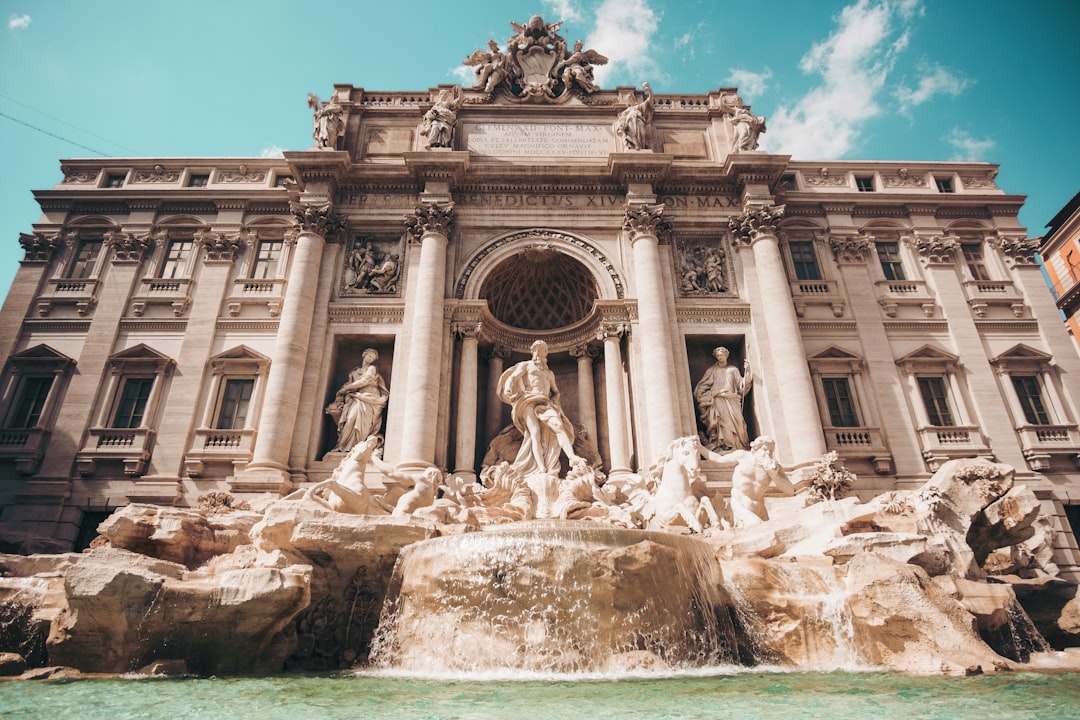Introduction
The Roman Empire is one of the most iconic civilizations in history, known for its impressive military conquests, engineering marvels, and lasting impact on Western civilization. Spanning over 500 years, the Roman Empire was one of the largest and most powerful empires of the ancient world. From language to government, architecture to law, the Romans have left a significant impact on the Western world that can still be felt today.
The Rise of the Roman Empire
The Roman Empire began as a small city-state in central Italy and eventually grew into one of the most powerful empires in the world. The Roman Republic, which preceded the empire, was founded in 509 BCE and lasted until 27 BCE when the first emperor, Augustus, came to power. During this time, Rome expanded its territory through military conquest and established itself as a major player in the Mediterranean world.
The Legacy of Roman Architecture
One of the most impressive legacies of the Roman Empire is its architecture. From the Colosseum in Rome to the aqueducts that supplied the city with water, Roman architecture was known for its grandeur and innovation. The Romans were also known for their engineering prowess, having developed techniques for building structures that were both durable and aesthetically pleasing.
Roman Law and Government
The Roman Empire also left a lasting impact on Western legal and political systems. The Roman legal system, which was based on a written code of laws, influenced the development of Western law and jurisprudence. The concept of natural law, which holds that certain rights and freedoms are inherent to all humans, can be traced back to Roman legal thought. Additionally, the Romans developed a sophisticated system of government that influenced later Western political systems, including representative democracy.
The Decline and Fall of the Roman Empire
Despite its impressive achievements, the Roman Empire eventually declined and fell. A combination of internal instability, economic troubles, and external pressures led to the empire’s downfall. The Western Roman Empire officially came to an end in 476 CE when the last emperor, Romulus Augustus, was deposed by Germanic forces.
Conclusion
The Roman Empire has had a lasting impact on Western civilization. From language to government, architecture to law, the Romans have left an indelible mark on Western society. The legacy of the Roman Empire can still be seen today in countless ways, from the buildings and structures that still stand to the legal and political systems that have been influenced by Roman thought.
FAQs about The Roman Empire
Q. What were the major achievements of the Roman Empire? A. The Roman Empire was known for its impressive military conquests, engineering marvels, and innovations in law and government. Some of its major achievements include the Colosseum, aqueducts, the Roman legal system, and the development of representative democracy.
Q. What led to the decline and fall of the Roman Empire? A combination of factors, including internal instability, economic troubles, and external pressures, led to the decline and eventual fall of the Roman Empire.
Q. What is the legacy of the Roman Empire? A.The legacy of the Roman Empire can be seen in countless ways in Western civilization. From language to government, architecture to law, the Romans have left a lasting impact on Western society.
Q. What was the significance of the Roman Empire’s architecture and engineering? A. The Roman Empire was known for its monumental architecture and engineering, such as the aqueducts, amphitheaters, and public baths. These structures not only served practical purposes but also symbolized the power and grandeur of the empire.
Q. How did the Roman Empire influence the legal systems of modern Western societies? A. The Roman Empire’s legal system was based on the concept of the rule of law, which emphasized the importance of written laws and legal procedures. This idea had a significant impact on the development of modern legal systems in the Western world.
Q. What was the impact of the Roman Empire on language and literature? A. The Roman Empire played a major role in the development of the Latin language, which has had a lasting influence on Western languages, including English. Roman literature, such as the works of Virgil and Ovid, also continue to be studied and appreciated today.
Q. How did the Roman Empire’s decline affect the development of Europe? A. The decline of the Roman Empire led to a period of instability and invasions that marked the beginning of the Middle Ages in Europe. However, the legacy of the Roman Empire continued to influence European culture and politics for centuries to come.
